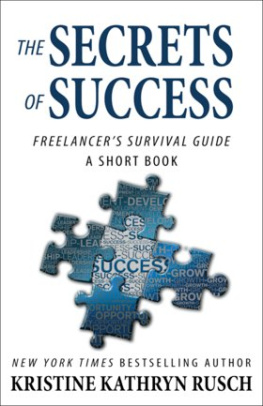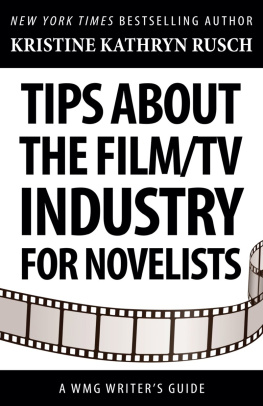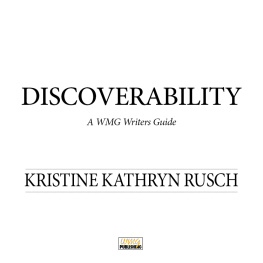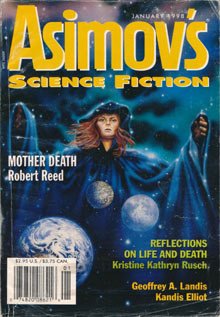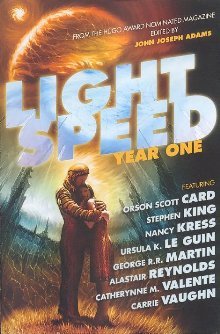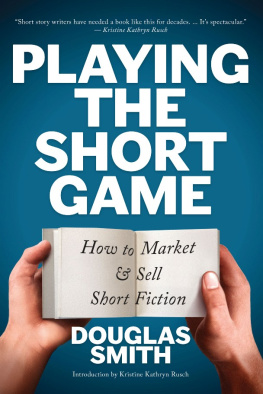In this WMG Writers Guide , international bestselling author Kristine Kathryn Rusch discusses the destructive ways peer workshops and the quest for perfection derail many writers careers. Listening to critics and academicsamateur and professionaloften strips out the joy of writing. And a failure to recognize writing as a business furthers the potential damage.
But Rusch offers hope for writers who have suffered at the hands of critiqueexternal and internaland outlines a path to healing.
The Pursuit of Perfection
And How It Harms Writers
Kristine Kathryn Rusch
Copyright Information
The Pursuit of Perfection
Copyright 2013 by Kristine Kathryn Rusch
First published in slightly different form on kristinekathrynrusch.com as the blog posts, Perfection, Careers, Critics, and Professors, and Writers and Business June 27, 2012, July 4, 2012, and July 11, 2012.
Published by WMG Publishing
Cover and Layout copyright 2013 by WMG Publishing
Cover design by Allyson Longueira /WMG Publishing
Cover art copyright Iqoncept / Dreamstime
This book is licensed for your personal enjoyment only. All rights reserved. This book, or parts thereof, may not be reproduced in any form without permission.
Table of Contents
Introduction
In the summer of 2012, I taught a class for professional writers in the short story. Youd think that pros would already know how to write a short story, but many of them do not. Its a separate art form from novels, and it requires different attitudes.
That workshop reminded me, as every craft workshop I teach does, how destructive the modern teaching techniques are for fiction writers. Most never make it through the classes or peer workshops. Most wannabe fiction writers give up their dreams after one semester of a creative writing workshop or table their first novel after it goes through a rigorous critique.
I spend most of my time in the craft workshops that I teach repairing damage done years, sometimes decades, earlier. That damage isnt deliberately malicious. It comes from the assumption that perfect stories not only exist, but can be revised into existence.
That assumption is not only misguided; its destructive. And I hate seeing what it has done to generations of writers.
I write a nonfiction blog on my website www.kristinekathrynrusch.com every Thursday. After I finished that June workshop, I blogged about the wrong-headed notion of perfection, and received hundreds of comments in response. Those commenters asked questions, of course, but they also gave their stories. Many of those stories ended with and thats when I gave up on being a professional writer or some similar sentence.
My heartbreak increased. I answered a lot of those comments on-site, but they inspired me to write two more blog posts and do some digging into the history of peer workshops.
By peer workshops, I mean those workshops in which everyone, from the professor (or editor or writer-leader) to the unpublished students, gets to weigh in on the manuscript before them. Many of these workshops have a no-holds-barred policy: the critiquers can say whatever they want as meanly as they want and at whatever length they choose. Ive personally heard critiques from beginning writers, wannabe writers, and writer-hangers-on (who have never written a word, but say they will) that have lasted 20 minutes or more, often on stories of less than 3,000 words.
Someone might say something positive about the work, but the writer never remembers that. The writer remembers the excruciating evisceration of a fledgling story that seemed to go on forever.
So if traditional peer workshops and the quest for perfection damage a writer, what will help them?
I explore all of that in this short book. Its an edited version of all three blog posts. I left some of the immediacy here, because there is a lot of raw material. If you want to see the comments, go to my website, click on The Business Rusch tab, and hit the link for the post called Perfection. Read the comments there, and on the next two posts.
If I dont convince you that this method of teaching writing is seriously flawed, then maybe the commenters will.
For those of you who have suffered damage in a quest for perfection, I hope this short volume helps you on the road to healing. I hope the rest of you find something of value here as well.
Whatever you think of this short book, please realize that I wish you the best in your writing endeavors.
Kristine Kathryn Rusch
Lincoln City, OR
December 31, 2012
Perfection
At every craft workshop I teach, I make at least one writer cry. I wrote this chapter while teaching a short story workshop for professional writers. The writers who attend are workshop-hardened folk, people who have been eviscerated by the best of them, people who come to my workshops having heard that I make writers cry, expecting me to be the most vicious critiquer of all.
How do I bring writers to tears? Usually by saying this:
I loved this story. Its wonderful. Mail it.
Thats my entire critique.
Is the story perfect? Of course not. No story is. Not a one. No matter how many times its polished and fixed and improved. No one can write a perfect story.
If such a thing existed, then we would all read the same books and enjoy them equally. We would watch the same movies and need reviewers to tell us only which movie is perfect and which one isnt. We would buy the same comics, again, going only for the comic that is perfect, and ignoring all the others.
Am I telling people to write crap? No. Because the choice isnt between crap and perfection. Those are false choices.
I learned this lesson long ago. Dean Wesley Smith and I were visitors at a writing workshop taught by science fiction writer and editor Algis Budrys . One of the early volumes of Writers of the Future , which he had edited, had just appeared, and he asked the students to read one of the stories in the volume.
Then, without telling Dean and me what he was doing, he asked us to comment on the story.
Heres what I remember of the piece: It was 2,000 words long. I think we spoke more than 2,000 words in our elegant, impressive critiques.
Algis looked at both of us sadly. Then he said, Ignore them. The story is wonderfulor at least it is to this editor.
He had expected us to praise the story, thinking we all had the same taste. Instead, Dean and I both had gone after the story in critique mode. When a reader critiques something, he goes after it by searching for what is wrong.
And he will find something. Something is always wrong. From an infelicitous turn of phrase to a plot point that could have been stronger, something about the story does not work.
As Im teaching this concept to my workshop-experienced students, I always begin by asking them this, Whats wrong with Shakespeares A Midsummer Nights Dream ?
Well, were all raised to believe that Shakespeare is a god who never could do anything wrong. Had he done anything wrong, had his stories been less-than-perfect, we wouldnt be reading them? Right?
Wrong.
If William Shakespeareprofessional writerhad turned A Midsummer Nights Dream in at a workshop I taught, I would have told him this:
Bill, lose at least two of your endings. The main story of the play ends in Act IV, Scene 2and then you go on for two more scenes. All of these endings would work. Pick one.
Bill Shakespeare, dutiful workshopper that he is, would nod sadly, go back to his room, and delete one of the most favorite and quoted scenes in all of English literature. Puck turns to the audience and says,
Next page

